Sun Mere Dil—penned by the infamous Khalil-ur-Rehman Qamar and directed by the well-reputed Haseeb Hassan—is the signature project of 7th Sky Entertainment’s Abdullah Kadwani and Asad Qureshi. The project, starring Maya Ali and the Tere-Bin-famed Wahaj Ali, created a huge buzz even before it officially aired. The teaser posters, an ensemble cast, and the reappearance of Wahaj and Maya Ali together after their last project, Jo Bichar Gaye, was enough to hold the audience’s attention.
Moreover, the unconventional writer-director duo was what many looked forward to. Knowing KRQ’s style of writing and the incorporation of his personal views in it, the wait was to see how Haseeb Hassan, with previously directed dramas like the critically acclaimed Alif, would morph KRQ’s distinguished style with his more refined way of direction.
9th October 2024- The first episode airs. Despite Wahaj Ali’s unconventional role of an alcoholic, the audience waits for the second one. Then with two weekly episodes, Sun Mere Dil’s plot and performances start accumulating mixed reviews.
So, what exactly went wrong?
For an unbiased review, I took matters into my own hands and sat down to watch all of the 25 episodes released up until now.
The plot is simple: a rich CEO, Bilal Abdullah (played by Wahaj Ali), is also an alcoholic, someone who prefers illicit affairs instead of marriage, and a man carrying the baggage of his mother cheating and fleeing, leaving the young Bilal on his own with a deceased father. Bilal falls in love with Sadaf (played by Maya Ali), the daughter of Naamdar Sahab, who is a man working closely with Bilal Abdullah.
Long story short, Sadaf’s stepbrother and Naamdar Sahab’s son, Zaaviyar, is diagnosed with leukaemia (blood cancer) and needs ‘eight crore rupees’ to go to the U.S. for his treatment. Naamdar Sahab, as most fathers in Pakistani dramas, could not bear the stress of this crisis and succumbs to his death in the 5th episode.
This leads us to the first striking absurdity in the series: Sadaf, in dire need of the ‘eight crore rupees,’ without feeling the need to try out any other means to gather it, meets up with Bilal Abdullah, and this brings us to a 19-minute (give or take) long, mortifying scene of Sadaf asking for the money in return for ‘anything he wants to do with her.’ The hero, rather awkwardly, hands her the check, assuring her that he is not that vile and in fact does not want to do ‘anything’ with her. They go back and forth for half of the already slow 40-minute episode. In the end, Sadaf goes as far as to give Bilal her personal phone number to ‘think about her offer.’.
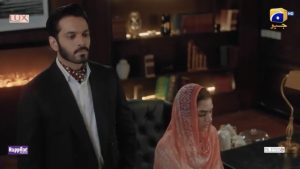
And if this scene alone isn’t sufficient to make you lose interest in the serial, rest assured, there is a lot more to come.
Absurd scenes like these are just the tip of the iceberg because I would now introduce you to one of the main issues of Sun Mere Dil, the writing. The writing is, unsurprisingly, problematic. Dialogues like
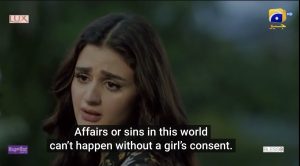
“No affair or sin in this world happens without the consent of the girl.”
not only reinforce the victim-blaming culture but also seek to act as a support for the writer’s own misogynistic views, which are constantly fed to the audience as facts. This is further highlighted when KRQ introduces his favorite trope, the cheating trope. As seen in his previous projects like ‘Punjab Nahi Jaungi,’ ‘Mere Paas Tum Ho,’ and the recent‘Gentleman,’ in Sun Mere Dil we are introduced to ‘Ammar,’ the cheating husband (played by Usama Khan).
Ammar, who practically forces Sadaf into marrying him with his continuous threats of suicide if she doesn’t agree, starts cheating on his wife with their Canada-returned friend Dania (played by Amar Khan). The cheating is not justified in the drama but also not condemned, with the emphasis being put more on Dania than Ammar, who, by the way, willingly chose to cheat on the wife he claims to love so dearly.
And it doesn’t end here, does it? If you manage to go through a complete episode without hitting the forward button multiple times, you would notice that the characters feel as compelled to spout multiple “Shut ups” as they feel to put random English phrases (often grammatically incorrect and awkwardly performed) in between conversations.
Moving forward, even if we ignore the writing for a second (which in itself is quite impossible), in my opinion, up until now, Haseeb Hassan has failed to save this project.
Sure, some scenes are artistically captured, but they, in hindsight, are so excruciatingly long and stretched out with often subpar performances that one can’t help but hit the 2x button, further dissuading your interest. What worsens the issue is the utter unlikability of the characters (except, maybe, Bilal Abdullah, who, of course, is the ‘angel’ of the play). Be it Humsha (played by Hira Mani), who is in a one-sided love with Bilal, the cheating husband Ammar, Sadaf, or Dania, in the realm of Sun Mere Dil, everyone is a frustrating, confused mess.
With the series still ongoing and as suggested by the slap and the “do takkay ki” dialogue Ammar is heard hurling at Sadaf in the promo of the next episode, it is safe to say that the absurdities in Sun Mere Dil do not end here.
The question one could raise here is why our established actors and directors—who, frankly, do not require a Khalil-ur-Rehman Qamar script to achieve stardom—continue to take on such scripts when they know the consequences it will entail.



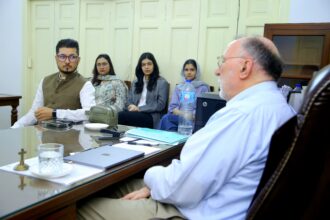
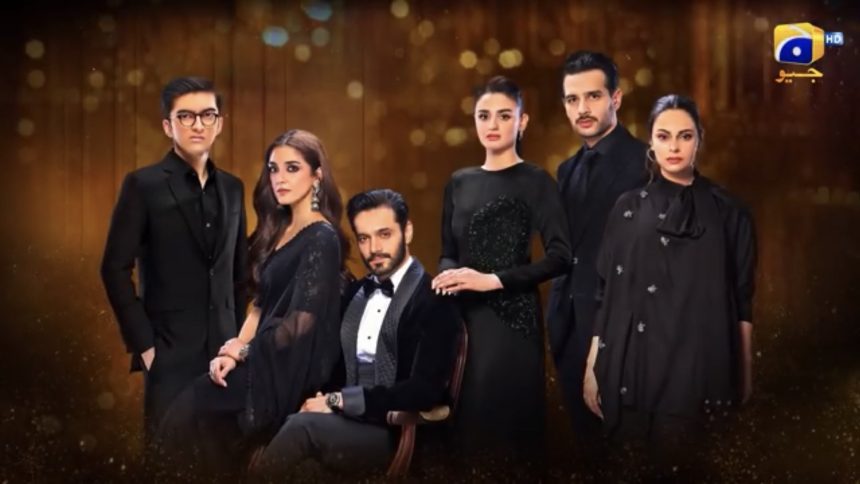
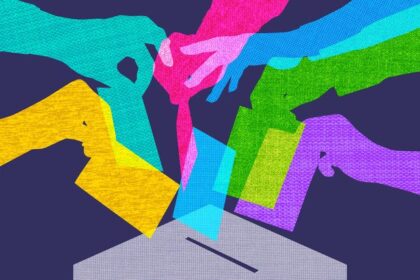
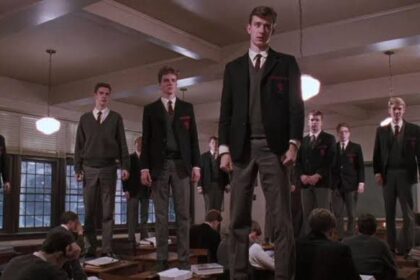
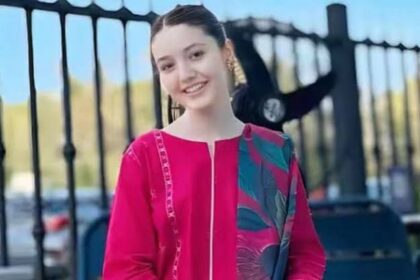
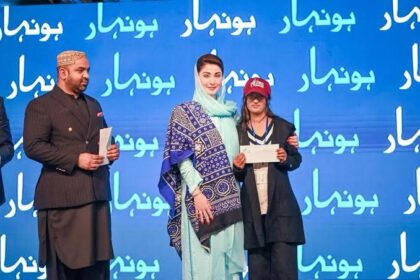
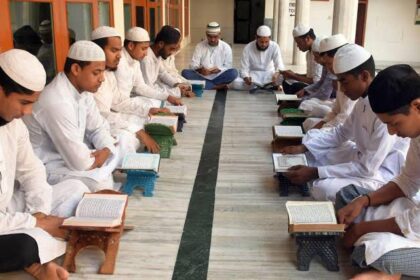
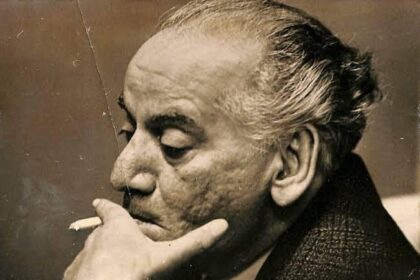


Such a well written article 🙌🏻
Woohoo lezgooo
I can’t wait to read more of Maham’s work. The article was both engaging and well written.👍🏻